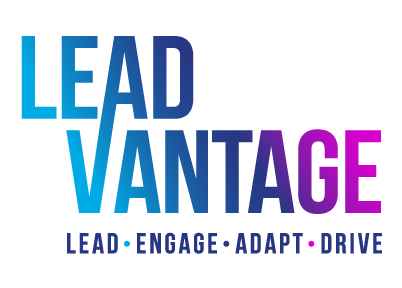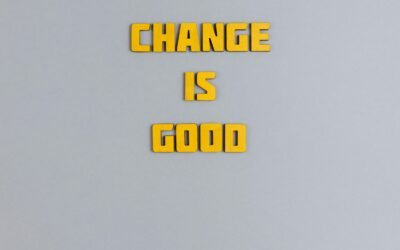How often have you heard yourself say, ‘We can’t….’?
If we learned one thing from 2020, we discovered we are a resilient and adaptable species! The substantial challenges in 2020 forced us to be creative and find immediate solutions to problems. These alternative approaches to business solutions are likely here to stay for many of us and become new best practices for many good reasons; improved client service, newfound efficiencies, enhanced work-life balance, and increased profit margins.
As this pandemic forced us to look at business in new ways and implement sustainable solutions, it raises the question when we reflect on business pre-pandemic; did we default to ‘We Can’t’ when what we were saying was ‘We Won’t’?
What would happen if we flipped our natural tendency to focus on the negative effects of ‘what ifs’ and instead concentrate on the positive side of ‘why not’? What if the idea excelled? What if this turned out to be one of the best things you could have done for your organization?
‘Can’t‘ means we cannot physically do it, or we lack the required skills. ‘Won’t‘ means we don’t have the will to pursue it. What does it cost us not to find the will? The will to consider new ways, new processes, new ideas? How much does it cost your organization to accept ‘We won’t’?
Frederic Laloux said it best in his book, Reinventing Organizations; organizations are living systems[1]. Like humans, businesses have energy, identity, creative potential, and a sense of direction, suggesting they can evolve, adapt, and change to survive.
As vaccines are rolled out in 2021, let’s not go back to ‘normal’. Let’s accept that ‘All Management is Change Management’[2]. Let’s embrace ways to continue to disrupt the status quo, think outside the box, and influence and motivate our teams and colleagues.
Below are some quick tips to help you be a change agent in your organization:
1. Don’t shy away from an opportunity. Stop yourself from saying ‘We can’t’ and start the conversation with ‘Why not?’.
2. Look for low-hanging fruit; what are some quick and easy fixes that will create momentum, trust, and energy?
3. Tap into the unlimited brainpower of your team and colleagues with weekly brainstorming sessions. Record it all and prioritize the initiatives. Determine what will have the most significant effect on the effort.
4. Delegate and leverage the talent on your team. Don’t get caught in the eye of the storm by trying to attempt this all on your own.
5. Remember the fundamental concepts of change management; take small steps, involve everyone, do your research, and most of all, remember that it won’t be perfect in the first attempt.
6. Celebrate the wins and learn from the losses. Take forward what works, shrug off what doesn’t, and capitalize on what you learned from previous attempts.
Businesses will continue to face challenges in 2021 and beyond; how we step up to the plate will determine how our organizations flourish or decline. We all have the opportunity to challenge our beliefs and to try something different. Let’s continue to change the course of business by embracing the storm, not running from it.
“Not all storms come to disrupt your life; some come to clear your path” – unknown| @peacefulmindpeadefulllife.
[1] Laloux, F. (2014). Reinventing organizations. Listening To Evolutionary Purpose. Oxford, England: Nelson Parker. [2] Schaffer, R.H., ‘All Management is Change Management’, Harvard Business Review. October 26, 2017.
To read our previous blogs, visit: https://www.leadvantage.ca/blog




